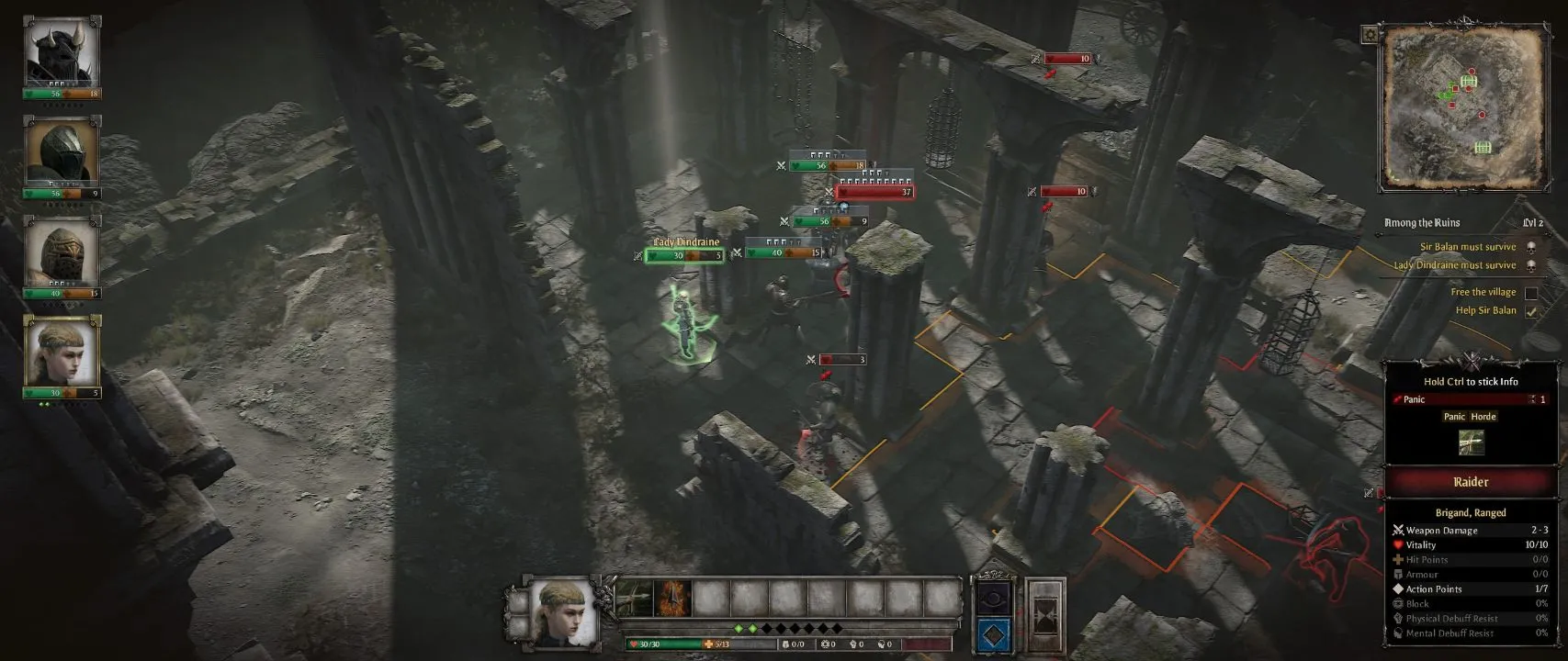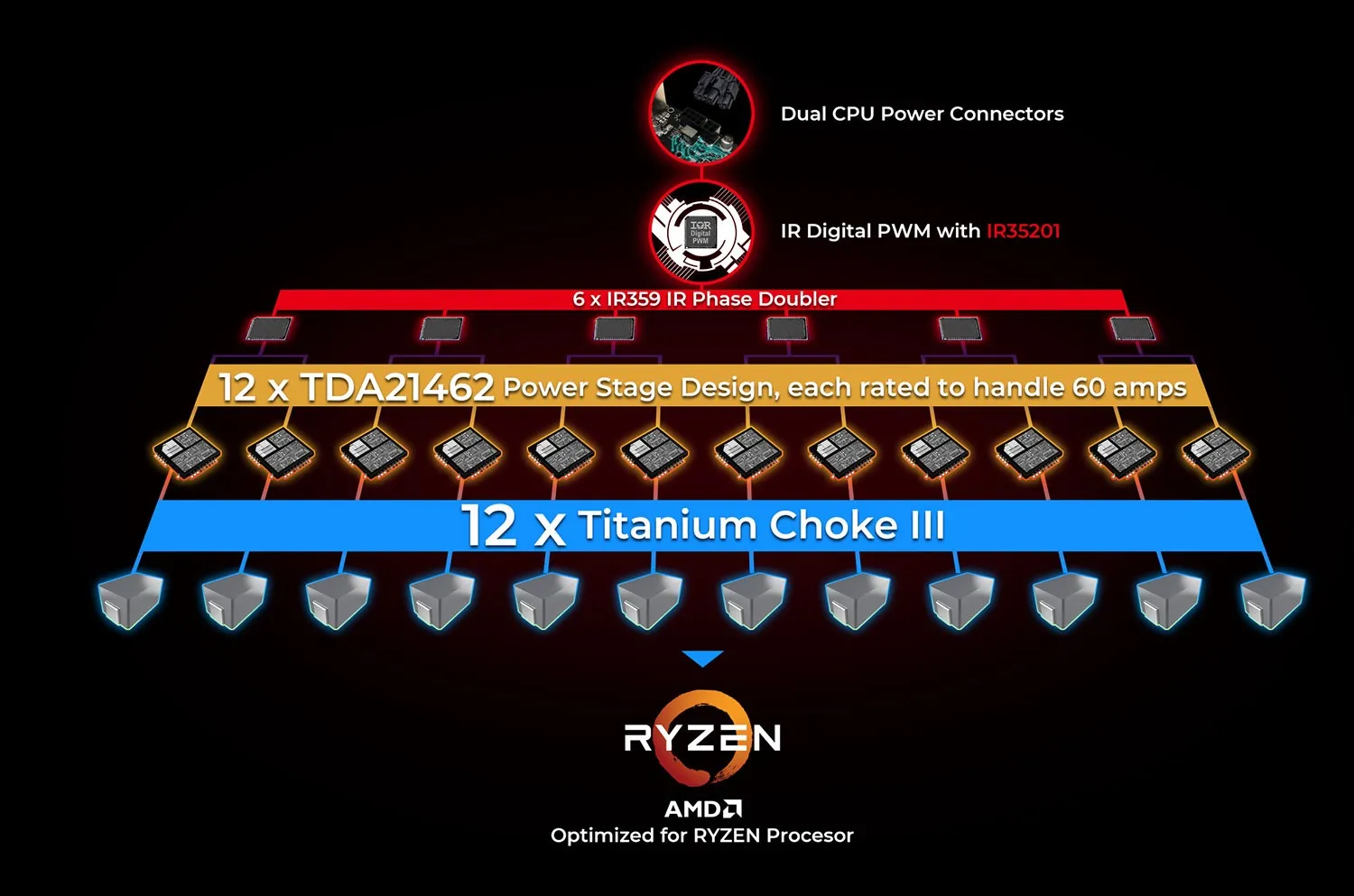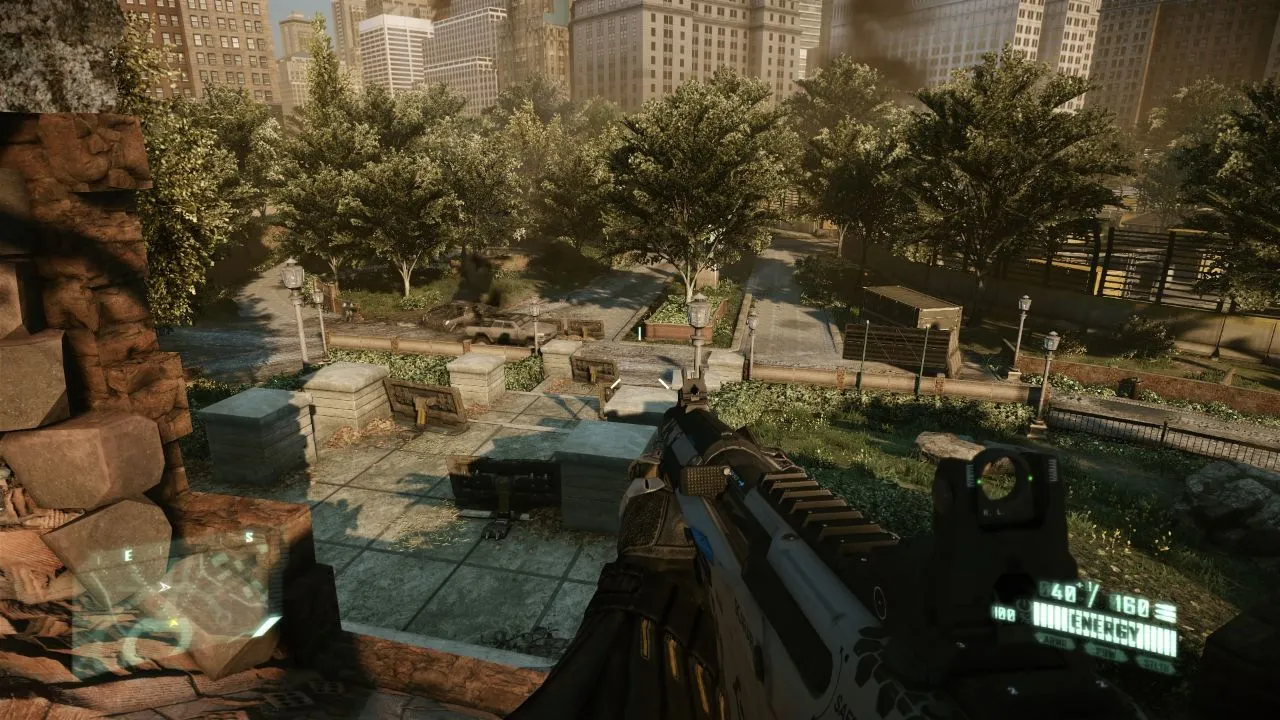
King Arthur: Knight’s Tale – A Classic RPG with a Dark Twist
The Arthurian legends, steeped in magic, chivalry, and betrayal, have captivated audiences for centuries. From wandering poets to modern-day game developers, the world of King Arthur continues to inspire. Neocore Games, known for The Incredible Adventures of Van Helsing, offers a fresh perspective on this timeless tale with King Arthur: Knight’s Tale. But does this new interpretation live up to the legend?
Embracing Classic RPG Elements
The late 90s saw a revolution in RPGs, with titles like Diablo and Total War transforming classic formulas into more action-oriented experiences. While these innovations set new standards, they didn’t render traditional gameplay obsolete. King Arthur: Knight’s Tale embraces this classic style, blending turn-based tactical combat with strategic management elements.
 King Arthur: Knight
King Arthur: Knight
This approach, reminiscent of Empire of Sin but with a greater emphasis on RPG elements, divides gameplay into two distinct sections. Players navigate various maps, interact with NPCs, undertake quests, gather loot, and engage in challenging turn-based battles with limited Action Points (AP), similar to mechanics found in games like XCOM 2 and Tactical Troops: Anthracite Shift.
 King Arthur: Knight
King Arthur: Knight
This classic formula creates a deliberate pace, forcing players to strategically position their characters and utilize their abilities effectively. Combat rewards players with experience, new equipment, and a sense of accomplishment, especially when facing formidable bosses protected by hordes of loyal minions. This challenge is further amplified by the Roguelite mode, adding a layer of permadeath to the experience.
 King Arthur: Knight
King Arthur: Knight
The game’s narrative unfolds through a series of main and side quests, introducing iconic characters from Arthurian lore and offering branching storylines reminiscent of traditional RPGs. These choices impact character relationships and the overall narrative, encouraging multiple playthroughs to explore different outcomes, much like in choice-driven narratives such as Samurai Riot.
 King Arthur: Knight
King Arthur: Knight
The management aspect, while less prominent than the combat, allows players to recruit and equip companions, similar to assembling a crew in Mass Effect. Players can dispatch these teams on missions with branching outcomes, adding another layer of strategic depth.
 King Arthur: Knight
King Arthur: Knight
The game boasts impressive visuals and a captivating soundtrack. Detailed character models, meticulously crafted environments, and well-produced cutscenes effectively convey the atmosphere of pre-medieval Britain. The music, ranging from tranquil countryside themes to intense battle scores, complements the gameplay experience. High-quality voice acting further immerses players in the narrative, particularly during the narration of legendary tales.
 King Arthur: Knight
King Arthur: Knight
Unrealized Potential
Despite its strengths, King Arthur: Knight’s Tale suffers from unrealized potential. While the main storyline is engaging, the side quests, despite their quantity, feel disconnected. The integration of legendary characters also falls short, with figures like Sir Lancelot and Sir Pelleas lacking the unique qualities that define them in the lore.
 King Arthur: Knight
King Arthur: Knight
The lack of meaningful character interactions further detracts from the RPG experience. Conversations often feel superficial, failing to weave the side narratives into the main storyline in a compelling way, unlike the richly interconnected narratives found in games like The Witcher 3: Wild Hunt – Blood and Wine.
 King Arthur: Knight
King Arthur: Knight
Repetitive enemies, environments, and equipment contribute to a sense of monotony, particularly in the latter half of the game. While the boss battles provide some respite, the overall experience suffers from a lack of variety, similar to the repetitive gameplay loop sometimes found in roguelikes such as Orbital Bullet.
Conclusion
King Arthur: Knight’s Tale offers a compelling blend of classic RPG elements and tactical combat within a dark, reimagined Arthurian setting. However, its unrealized narrative potential and repetitive gameplay loop hold it back from true greatness. While it captures the grim atmosphere of a world steeped in myth and magic, it ultimately leaves players yearning for more depth and variety.





Comments (0)